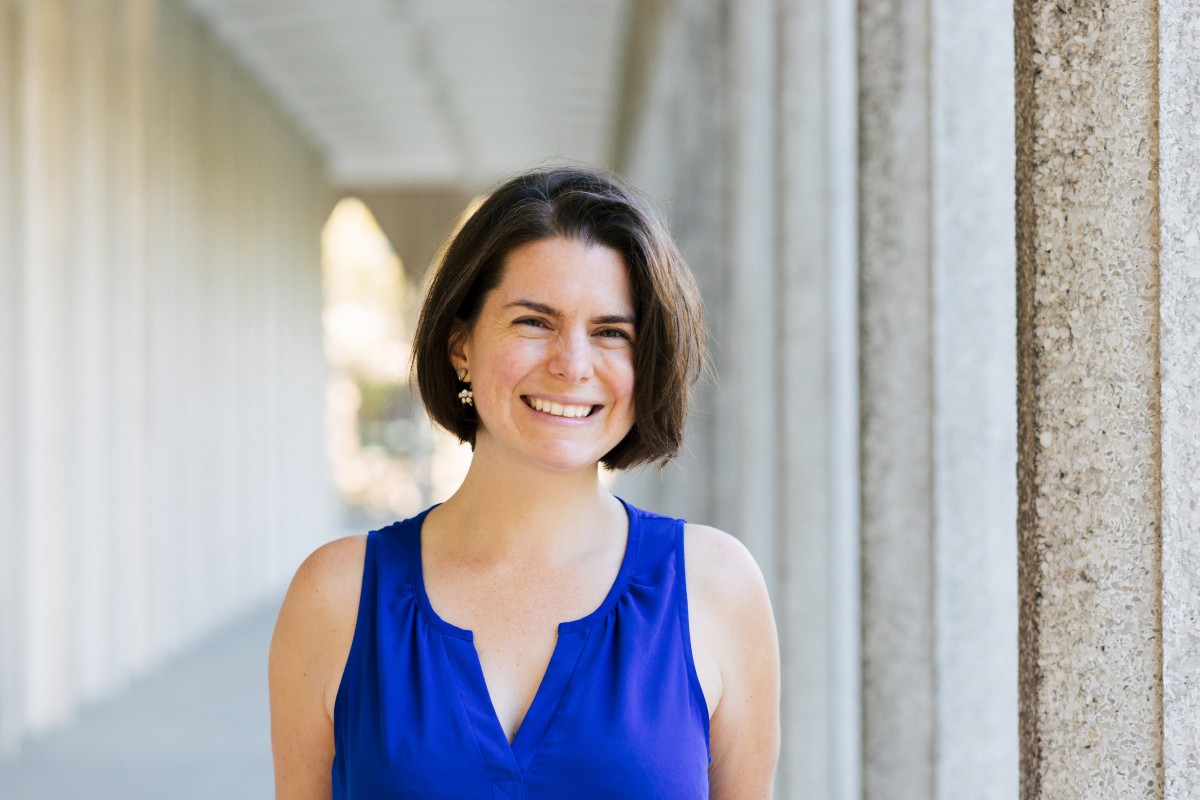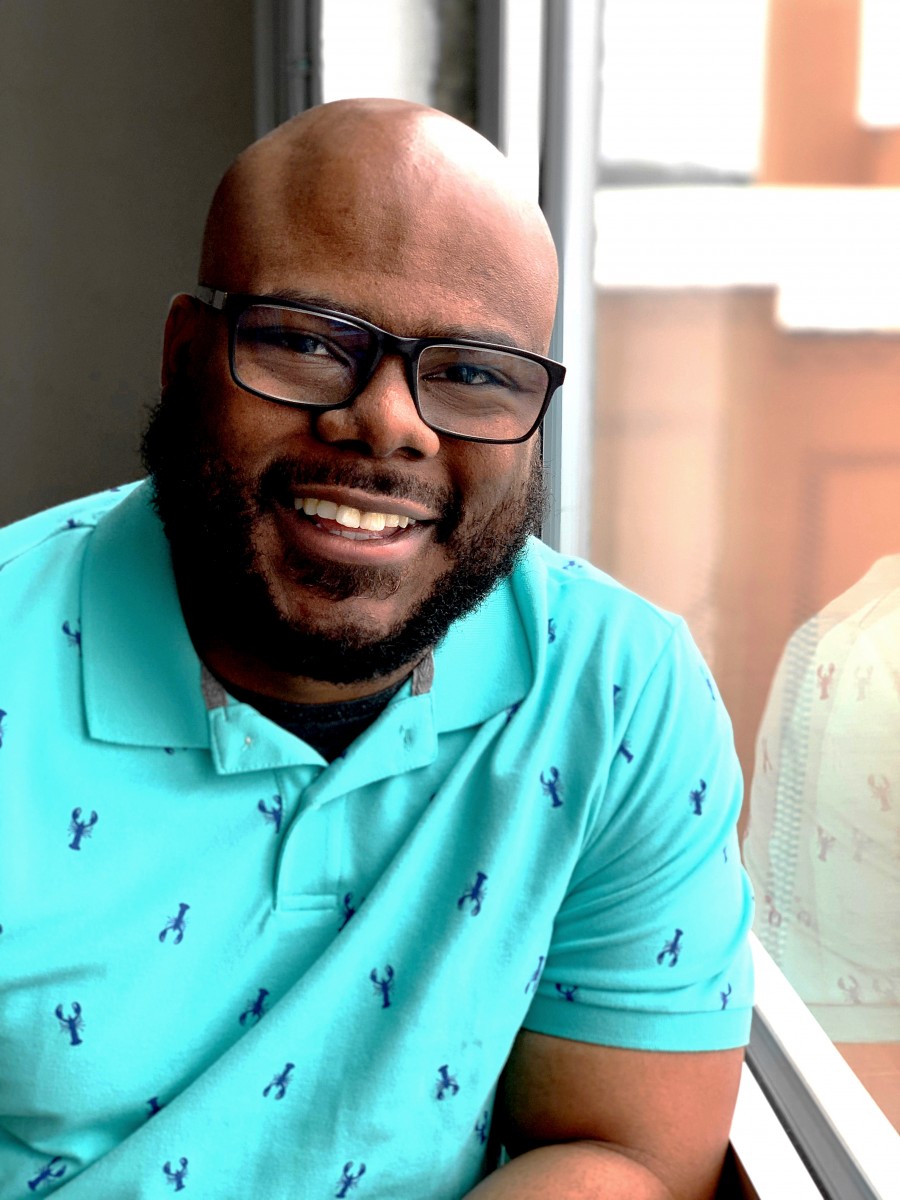For independent journalist Anna Clark, reporting on stories in Flint, Michigan, isn’t just a job.
“My life’s work is to tell good, true stories that I think deserve to be chronicled,” Clark said. “I ultimately came (to Flint) because the kind of stories I want to tell are in a place like this, where there is far more going on than there are people to chronicle it.”
Her career hasn’t been idyllic — freelance journalism is a difficult road.
Her stories have appeared in publications like Elle, Columbia Journalism Review, The New York Times, Politico and others. Clark is the author of the book, The Poisoned City: Flint’s Water and the American Urban Tragedy, where she reports in depth on the Flint water crisis.
At 10:45 a.m. today, July 3, in the Amphitheater, Clark will lead fellow journalist Jiquanda Johnson and entrepreneur Lev Hunter in a panel on grassroots revitalization efforts and effecting change in Flint.
Each panelist is either self-employed or started their own business that brings new perspectives and shows the strength of individuals in Flint. The panelists present as part of Week Two, “Uncommon Ground: Communities Working Toward Solutions.”
For Johnson, helping create change in her Flint community is an important aspect of her career.
“As a journalist or a person in news, what kind of legacy do I want to leave?” Johnson asked. “Do I want to leave that legacy of ‘I covered the city of Flint, and I was focused on clicks and metrics,’ instead of community impact?”
Johnson is the founder and publisher of the hyper-local online newspaper, Flint Beat.
In her position, she doesn’t let anything get in her way of telling an impactful story that highlights the community.
Johnson founded Flint Beat in 2017 to help tell untold stories and serve the community on a personal level. She said although other news outlets were reporting on the Flint water crisis, she wanted to fill the gaps in story coverage.
“We are there to fill these news gaps that we see in Flint, in hopes of people having well-rounded coverage in the City of Flint,” Johnson said. “Ultimately what we are working on is developing media products in underserved communities.”
At Flint Beat, Johnson serves as reporter, publisher and founder — the business side of news took more time to develop for her. She doesn’t have advertisers and leans toward the nonprofit business model of news. Johnson endeavors to connect with the community in a time where fake news runs rampant. She said she is not concerned about pleasing audiences to get views; all she wants to do is get the facts to the community.
“The community still has trust — I know that we are in the era of fake news,” Johnson said. “For me, I don’t deal with that, and they know I have no agendas outside of empower, impact and inform.”
Hunter takes a different route — instead of reporting on stories, he uses his love of coffee and entrepreneurship skills to help impact his hometown of Flint.
“I really believe in entrepreneurship being my gift,” Hunter said. “It’s really my viewpoint on what is going to restore this city to its glory days.”
He grew up in a family of entrepreneurs and, inspired by his grandmother’s coffee, created his own business. Hunter sells coffee online and serves as a “pop-up barista.” In addition to the coffee, he is the creator of “The Daily Brew” podcast and livestreams on Facebook.
“We just try to have those conversations that you would have over a cup of coffee,” Hunter said.
Hunter wants to inspire the next generation of business professionals and give back to his community. Flint is a community that needs support in the midst of its ongoing water crisis and economic issues, according to Hunter.
“Places like Flint need outside help,” Hunter said. “So, for entrepreneurs, and what I want people to take away, is that we need their support, we need their resources and their help to help us renew our city and take it to the next level.”
The panelists are intent on sparking conversation about entrepreneurship and showing how their work makes an impact.
“I want people to understand that there are people and newsrooms out there that are still producing good news,” Johnson said, “that we really want our work to impact the communities that we serve.”







